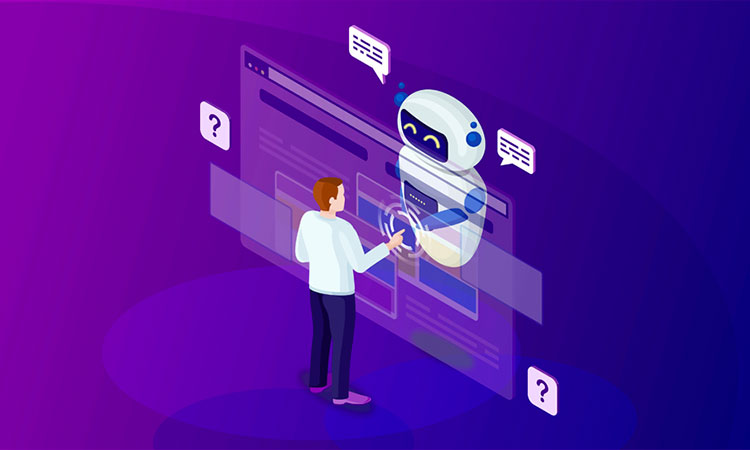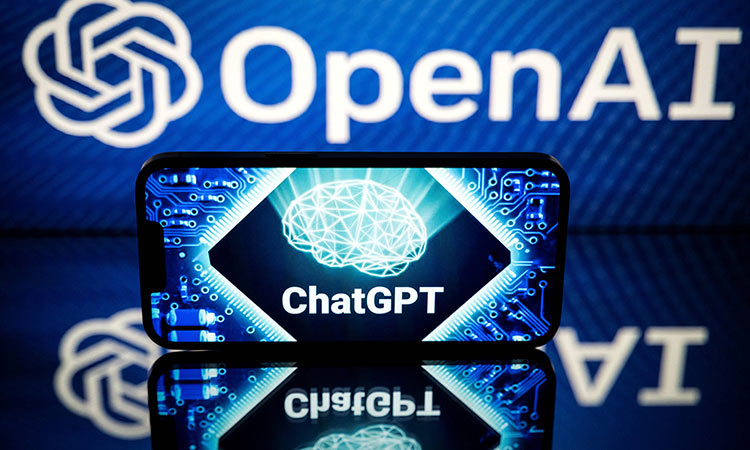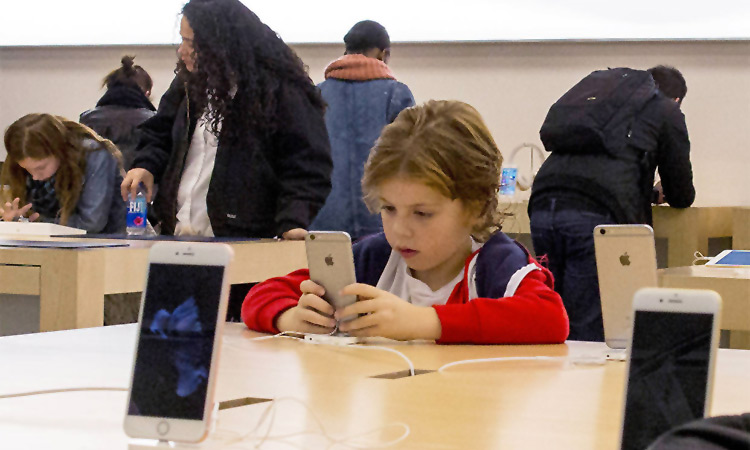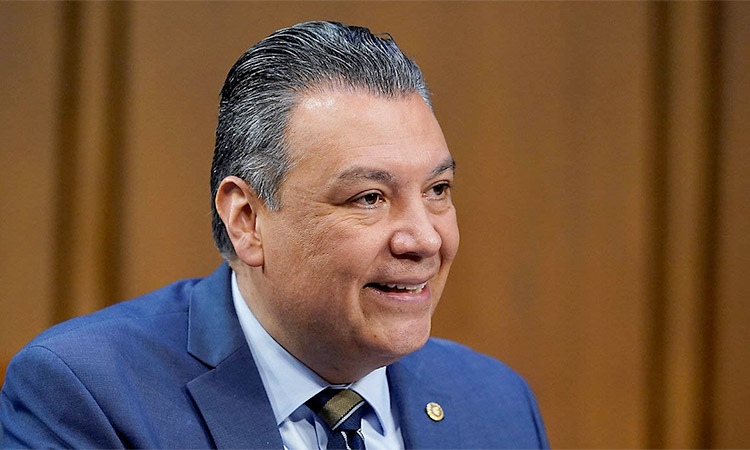AI chatbots are here to help with your mental health

Illustrative image. (Via X)
Download the mental health chatbot Earkick and you’re greeted by a bandana-wearing panda who could easily fit into a kids’ cartoon. Start talking or typing about anxiety and the app generates the kind of comforting, sympathetic statements therapists are trained to deliver. The panda might then suggest a guided breathing exercise, ways to reframe negative thoughts or stress-management tips. It’s all part of a well-established approach used by therapists, but please don’t call it therapy, says Earkick co-founder Karin Andrea Stephan. “When people call us a form of therapy, that’s OK, but we don’t want to go out there and tout it,” says Stephan, a former professional musician and self-described serial entrepreneur. “We just don’t feel comfortable with that.”
The question of whether these artificial intelligence -based chatbots are delivering a mental health service or are simply a new form of self-help is critical to the emerging digital health industry — and its survival. Earkick is one of hundreds of free apps that are being pitched to address a crisis in mental health among teens and young adults. Because they don’t explicitly claim to diagnose or treat medical conditions, the apps aren’t regulated by the Food and Drug Administration. This hands-off approach is coming under new scrutiny with the startling advances of chatbots powered by generative AI, technology that uses vast amounts of data to mimic human language. The industry argument is simple: Chatbots are free, available 24/7 and don’t come with the stigma that keeps some people away from therapy. But there’s limited data that they actually improve mental health. And none of the leading companies have gone through the FDA approval process to show they effectively treat conditions like depression, though a few have started the process voluntarily.
“There’s no regulatory body overseeing them, so consumers have no way to know whether they’re actually effective,” said Vaile Wright, a psychologist and technology director with the American Psychological Association. Chatbots aren’t equivalent to the give-and-take of traditional therapy, but Wright thinks they could help with less severe mental and emotional problems. Earkick’s website states that the app does not “provide any form of medical care, medical opinion, diagnosis or treatment.” Some health lawyers say such disclaimers aren’t enough. “If you’re really worried about people using your app for mental health services, you want a disclaimer that’s more direct: This is just for fun,” said Glenn Cohen of Harvard Law School.
Still, chatbots are already playing a role due to an ongoing shortage of mental health professionals. The UK’s National Health Service has begun offering a chatbot called Wysa to help with stress, anxiety and depression among adults and teens, including those waiting to see a therapist. Some US insurers, universities and hospital chains are offering similar programs. Dr. Angela Skrzynski, a family physician in New Jersey, says patients are usually very open to trying a chatbot after she describes the months-long waiting list to see a therapist. Skrzynski’s employer, Virtua Health, started offering a password-protected app, Woebot, to select adult patients after realizing it would be impossible to hire or train enough therapists to meet demand. “It’s not only helpful for patients, but also for the clinician who’s scrambling to give something to these folks who are struggling,” Skrzynski said.
Virtua data shows patients tend to use Woebot about seven minutes per day, usually between 3am and 5am. Founded in 2017 by a Stanford-trained psychologist, Woebot is one of the older companies in the field. Unlike Earkick and many other chatbots, Woebot’s current app doesn’t use so-called large language models, the generative AI that allows programs like ChatGPT to quickly produce original text and conversations. Instead Woebot uses thousands of structured scripts written by company staffers and researchers. Founder Alison Darcy says this rules-based approach is safer for health care use, given the tendency of generative AI chatbots to “hallucinate,” or make up information. Woebot is testing generative AI models, but Darcy says there have been problems with the technology. “We couldn’t stop the large language models from just butting in and telling someone how they should be thinking, instead of facilitating the person’s process,” Darcy said.
Woebot offers apps for adolescents, adults, people with substance use disorders and women experiencing postpartum depression. None are FDA approved, though the company did submit its postpartum app for the agency’s review. The company says it has “paused” that effort to focus on other areas. Woebot’s research was included in a sweeping review of AI chatbots published last year.
Associated Press







